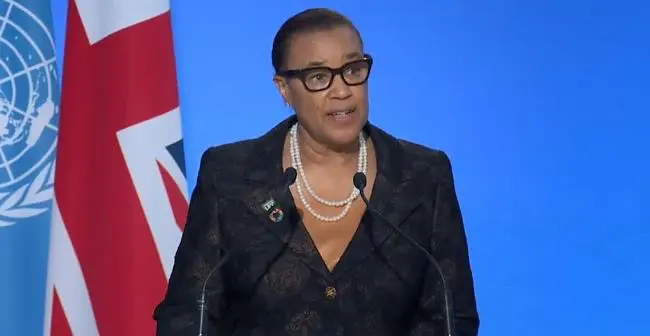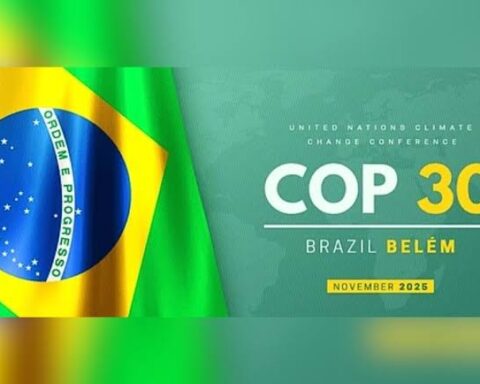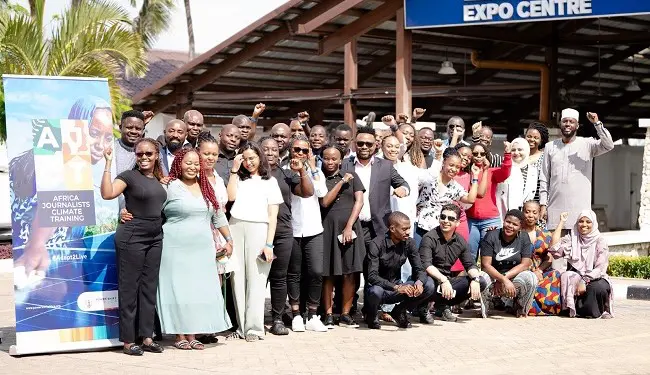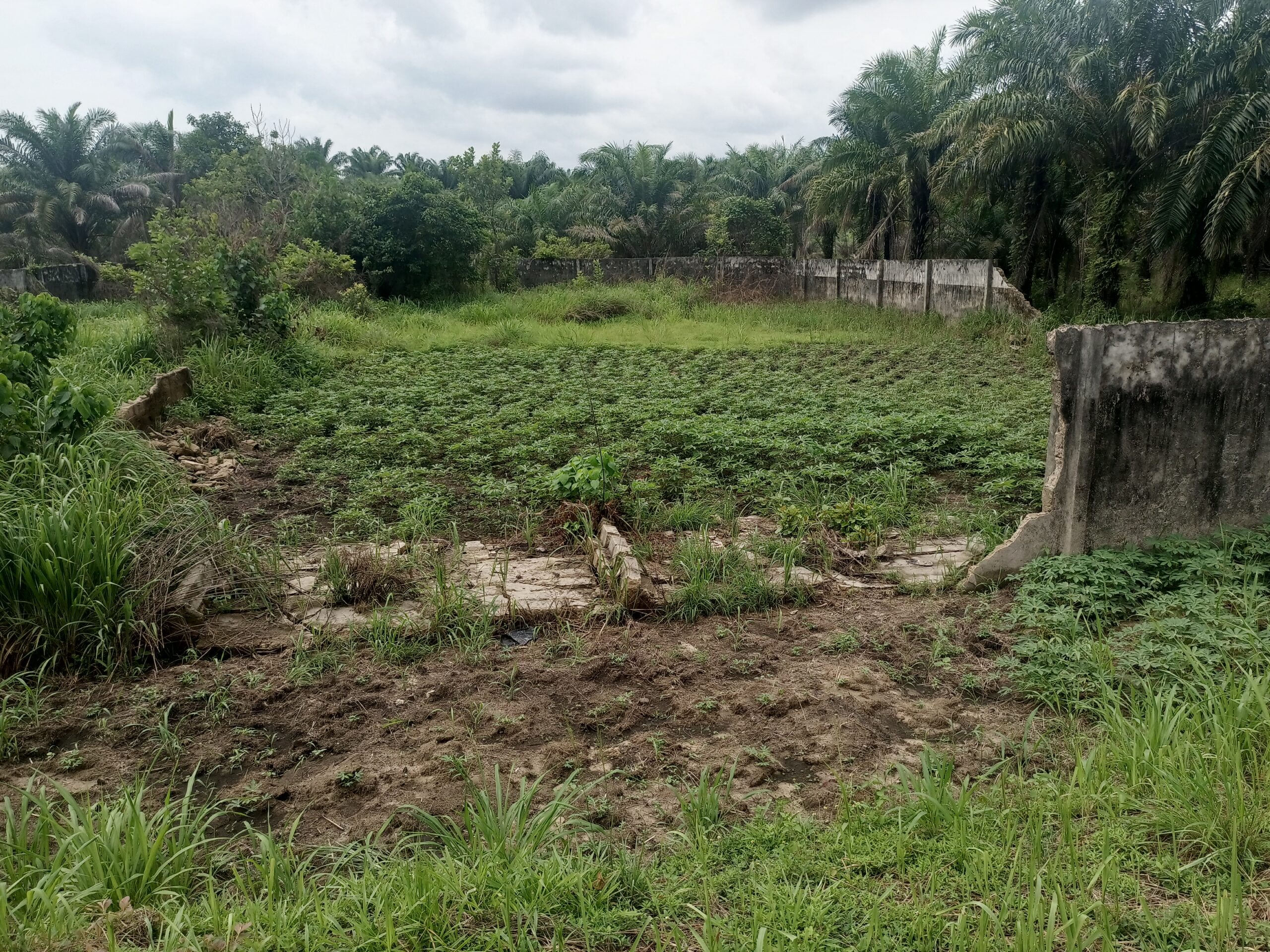The COP29 climate talks in Baku represent the world’s critical opportunity to bridge the widening gaps in climate action and finance, which is essential to “rebuild trust” among nations and protect lives and livelihoods, according to Commonwealth Secretary-General Patricia Scotland.
In an interview with PTI via Zoom monitored by DA News, Scotland emphasized the urgency of collective action, especially involving fossil-fuel producers as key allies in the fight against climate change.
“We are nearing the cliff, the critical 1.5 degrees Celsius limit. Some of our scientists say that we are there now. Our home, our planet, is literally on fire.
Instead of action, we see the gaps in emissions, finance, and justice widening. We must bridge those gaps, and COP29 is our only chance. It comes at a moment of immeasurable urgency,” Scotland stated.
Unmet Financial Promises
Scotland highlighted the failure of wealthy countries to deliver on their 2009 pledge to mobilize $100 billion annually by 2020 to help developing nations tackle climate change. Despite being a small fraction of the necessary funding, even this commitment remains unmet, with much of the financial aid provided as loans at market rates, further increasing the debt burden on poor and vulnerable countries.
“Rich countries, historically responsible for the climate crisis, pledged to mobilize $100 billion per year by 2020. However, this target has not been fully met, with much of the financial aid provided as loans at market rates, increasing the debt burden on poor and vulnerable countries.
These nations now require trillions to effectively combat the climate crisis,” she explained.
Urgent Financial Needs
According to the UNFCCC’s Standing Committee on Finance, between $5.8 trillion and $11.5 trillion is required by 2030 to meet the targets set by developing countries in their national climate plans (Nationally Determined Contributions or NDCs).
Additionally, the 2023 UN Adaptation Gap Report estimated adaptation costs in developing countries to be 10 to 18 times greater than current international adaptation finance flows, which are $21.3 billion.
Critical Focus of COP29
Financial support for middle-income and poor countries will be central to the discussions at the UN climate conference in Baku, where nations must agree on the New Collective Quantified Goal (NCQG), a new funding target developed countries must mobilize annually from 2025 to support climate action in developing countries.
Scotland noted the importance of fulfilling the NCQG to “rebuild trust” and aid developing countries in protecting lives, livelihoods, and ecosystems.
Expectations from Azerbaijan
Asked about her expectations from COP29 host Azerbaijan, a major fossil fuel-producing country, Scotland said, “It is a good thing that they are in the spotlight. We have to work together. This is not about them or us – it’s about all of us. Without a global solution, we have no solution at all.
Developed countries and major producers must seriously engage in this conversation because COP29 needs to provide accessible climate finance so that developing countries can adapt and build resilience.”
She expressed optimism that Azerbaijan would balance its role as a major fossil fuel producer with the global need for sustainable energy, promoting discussions on reducing dependence on fossil fuels.
Enhancing Climate Fund Approvals
Scotland also addressed the slow approval process for climate funds, particularly for Least Developed Countries (LDCs). She stressed the need for improvement, noting that the current system, where project approval can take four to five years, is insufficient.
“The slow approval process for climate funds, especially for the Least Developed Countries (LDCs), must be improved. The current system, where it takes four to five years for project approval, is insufficient,” she said.
The Commonwealth has utilized artificial intelligence and geospatial data to expedite the process of securing climate finance. By leveraging these technologies, the Commonwealth managed to secure $5.7 million for Fiji within a year to build a nature-based wall and facilitated a successful application for $63 million in Namibia’s Zambezi region.
Collaboration and Action
Scotland called for enhanced collaboration among Commonwealth space agencies to better analyze data and develop targeted climate solutions, highlighting the importance of scaling up solutions like methane reduction to significantly impact global warming.
“The time for promises and words is over. Now is the time for concrete actions,” she concluded.
Looking Ahead to COP29
The COP29 conference will take place in Baku from November 11 through 22, 2024. During this event, Azerbaijan’s capital is expected to welcome approximately 70,000 to 80,000 international visitors, marking a significant moment for global climate action.
Originally published by: Environnews








